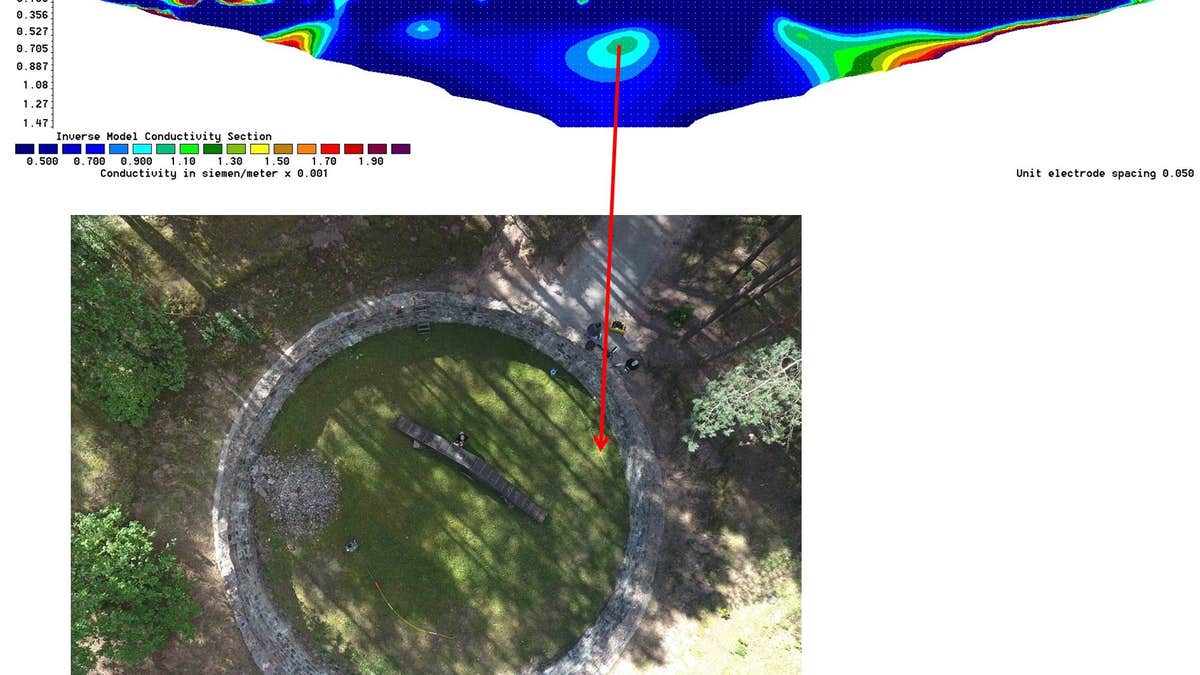A tunnel in Lithuania that allowed Jewish prisoners to escape to freedom has been discovered at an infamous location called Ponar, decades after they used it to flee the Nazis one night in April 1944. The escapees were part of a group tasked with the horrific job of burning bodies to cover up the Nazi’s crimes.
The group was known as the burning brigade— 80 prisoners from the Stutthof concentration camp who were forced to burn the thousands upon thousands of Nazi victims murdered near Vilnius, Lithuania. That gruesome task involved taking the bodies out of pits so they could be cremated.
“We had pokers that we had to stick into the bodies, to pull them up,” one survivor recounted in a video published by Yad Vashem, the Holocaust remembrance center in Israel. “We put them on stretchers, head to head, feet to feet. The crematorium held about 3000 bodies, and we’d light it up. It was horrific.”
But one night a group of 40 attempted an escape through a tunnel they had slowly dug from the pit where they were being held, according to the Israel Antiquities Authority. The guards were alerted, however, and shot many of the prisoners. A dozen escaped.
Related:
And now, researchers using ground penetrating radar as well as a method called electric resistivity tomography have located that tunnel, the Israel Antiquities Authority reported. These techniques allowed the scientists to find the tunnel without digging.

A scan that shows the tunnel. (Ezra Wolfinger, Nova)
The tunnel was about 100 feet long and took the prisoners three months to dig using their hands and spoons recovered from the bodies they were forced to burn, according to the Israel Antiquities Authority.
One of the people involved in the discovery was archeologist Jon Seligman, of the Israel Antiquities Authority. “As an Israeli whose family originated in Lithuania, I was reduced to tears on the discovery of the escape tunnel at Ponar,” he said in a statement. “This discovery is a heartwarming witness to the victory of hope over desperation.”
The Nazis killed an estimated 100,000 people in this part of Lithuania, and about 70,000 of them were Jewish. A forthcoming NOVA film, set to debut in 2017, will explore this grisly chapter of World War II.
“This is ground zero for the final solution,” Richard Freund, a professor at the University of Hartford and the project leader, said in a preview for the NOVA film.
Follow Rob Verger on Twitter: @robverger